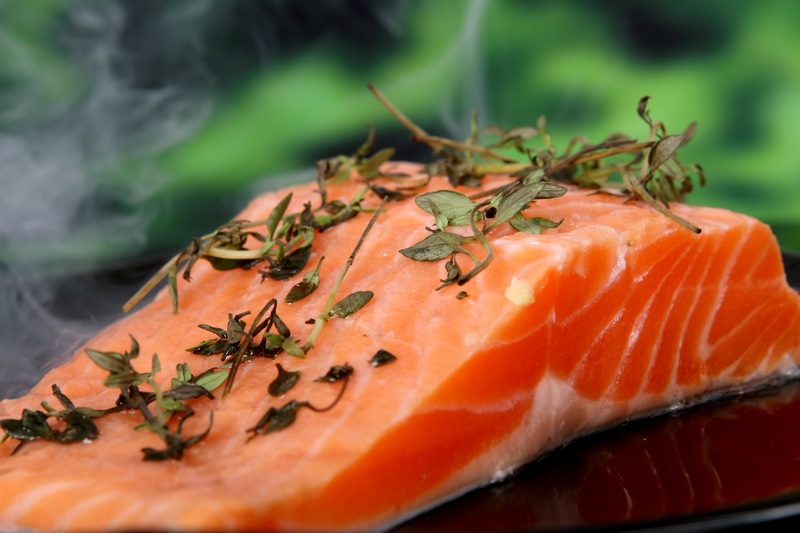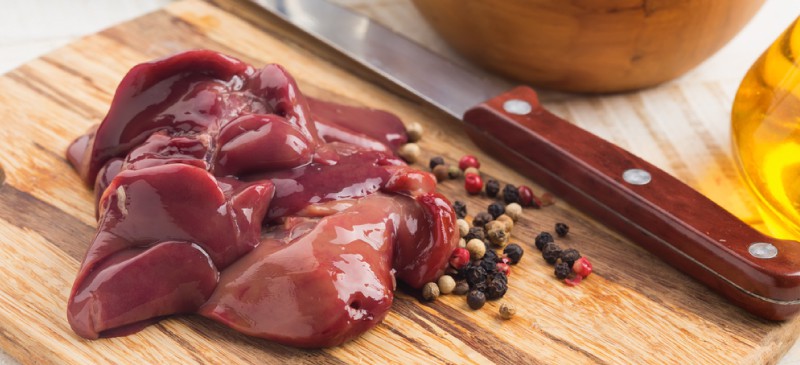Depression is a leading cause of disability worldwide; but emerging science has revealed some promising, new insights about the disease and its causes. Among them: that what a person eats can have a profound impact on their mood.
In one sense, this revelation might seem like a no brainer; in another sense, it’s counter-intuitive, turning the whole notion of “comfort food” upside down.

Those foods that Americans love to turn to in times of stress—from sweets and empty carbohydrates to greasy fast foods—are actually the last things to be eating when you’re feeling down. In fact, they may be contributing to a depressed mood. Consider these findings, among others:
- A 2017 study in Scientific Reports revealed that high sugar intake can increase the odds of developing depression significantly—as much as 25 percent in men, for example.
- Before that, a study in the Public Health Nutrition journal found that consumers of fast food (hamburgers, hot dogs, pizza) and commercial baked goods (doughnuts, croissants, bagels) were over 50 percent more likely to become depressed.

If empty carbs and fast foods are not the answer, what foods are good for depression? (Keep in mind that a healthy diet can help immensely, but often medication, therapy, and/or other interventions may also be needed to achieve remission from a diagnosed mood disorder; for more information about depression diagnosis and treatment, consult FHE Health.) When I’m working with patients who are depressed or have depressive symptoms, I encourage them to eat the following foods:

- Fish high in omega-3 – Two omega-3 fatty acids, eicosapentaenoic acid (EPA) and docosahexaenoic acid (DHA), offer therapeutic benefits for people with depression (a.k.a. “mood disorders”), according to studies at Harvard and elsewhere. Fish are a great source of these polyunsaturated fats—but not all fish. Wild-caught salmon, herring, anchovies, sardines, mussels, shad, and rainbow trout are good sources of omega-3. Omega-3 occurs in plant and vegan sources as well, such as chia and flax seeds, walnuts, and hemp seeds.
- Kiwi – Kiwi fruit is high in serotonin, an important mood-stabilizing chemical and “feel good” neurotransmitter in the brain and body. Lack of serotonin, or a dysregulation of it, has been implicated in depression and mood disorders. In fact, the most popular, widely used antidepressants today, a class of medications known as “selective serotonin reuptake inhibitors,” act by increasing levels of serotonin in the brain.

Serotonin is also a precursor in the making of melatonin, which may help to explain findings that kiwis can help you sleep better. (Sleep problems, especially insomnia and troubles falling or staying asleep, are a common symptom among people with depression.)
Strikingly, when researchers at Taiwan’s Taipei Medical University set out to explore the effects of eating two kiwis one hour before bed over the course of four weeks, they made some promising discoveries. People fell asleep more quickly, slept more soundly, and slept more overall—and more efficiently.

- Complex carbs – Stable blood sugar is really important for brain health. They now call Alzheimer’s “type 3 diabetes” because of the important role that blood sugar stabilization plays in determining brain health. Complex carbs help to ensure that amino acid precursors can cross the blood brain barrier and make dopamine and serotonin, so the right carbs are very important. Examples of complex carbs include: whole grains such as brown/wild rice and oatmeal; grain-like foods like quinoa; and, starchy vegetables such as potatoes and sweet potatoes; non-starchy vegetables like asparagus and zucchini; and, beans and legumes.
- Protein – Amino acids are the building blocks of protein. Certain amino acids found in meat and other sources of protein are especially important for stabilizing and boosting mood. For example, tyrosine and phenylalanine, found in chicken, turkey, eggs, beans, nuts, fish, and dark chocolate, are precursors to the feel-good neurotransmitter dopamine. Tryptophan, a precursor to another feel-good neurotransmitter, serotonin, occurs in turkey, chicken, nuts, seeds, eggs, tofu, red meat, fish, oats, beans, and cheese. While science has yet to fully understand the mechanisms of how depression works in the brain and how it subsides, low levels of dopamine and serotonin seem to be a commonly occurring feature. Foods that boost dopamine and serotonin are therefore a healthy choice for anyone who is feeling down.
- Liver – It is a great food for depression—if you already like it or can acquire a taste for it. Liver is much higher in vitamins and minerals than other muscle meat. Iron, oxygen, and folic acid are necessary building blocks for converting amino acids into serotonin and dopamine. If you are anemic, you could be lacking in one or more of these things, and the best food for supplementing all nutrients connected to anemia is liver!

The vitamin B12 is also necessary for making serotonin, but deficiencies can be common with different types of anemia. Liver is of course high in B12 as well.
- Magnesium – As a mineral that also supports the production of serotonin, magnesium is relatively easy to consume. Dark chocolate, avocado, nuts, seeds, legumes, edamame, quinoa, tofu, and bananas are all high in magnesium.
- Kefir or probiotics – Kefir has been around for centuries. Only recently, though, with growing appreciation for the link between the brain and the gut, have scientists discovered its anti-anxiety and antidepressant properties. In other studies, probiotics have also exhibited positive effects for people with depression.
- Antioxidants – Not to be forgotten, foods rich in antioxidants have proven highly beneficial for brain health, as the focus of increasing research in recent years. For example, increased intakes of beta-carotene, vitamin C and vitamin E may relieve depressive symptoms, according to some studies. Fruits, vegetables, herbs, and spices are all high in antioxidants.

Ultimately, there is no one superfood that can cure depression. Everyone’s body is different and complex. Lasting, positive results require committing to a well-rounded, nutritional lifestyle that focuses on nutrient-dense foods, such as fruits, vegetables, herbs, spices, nuts, seeds, legumes, whole grains, and protein—(and ideally one serving of organ meat weekly).
Meanwhile, though, it’s also important to be limiting foods that can be inflammatory and spike blood sugar. Once you’re eating the foods on this list regularly while eliminating those that include flour and sugar, you’ll see a significant impact on your mood.
This article was provided by the registered dietician Staci Shacter, MS, RD, LDN.


